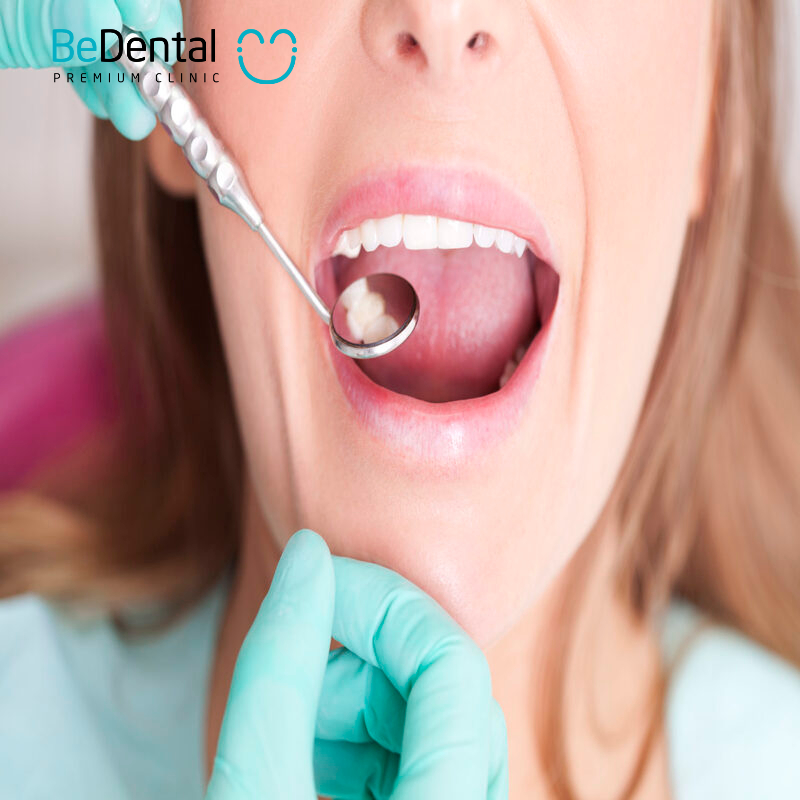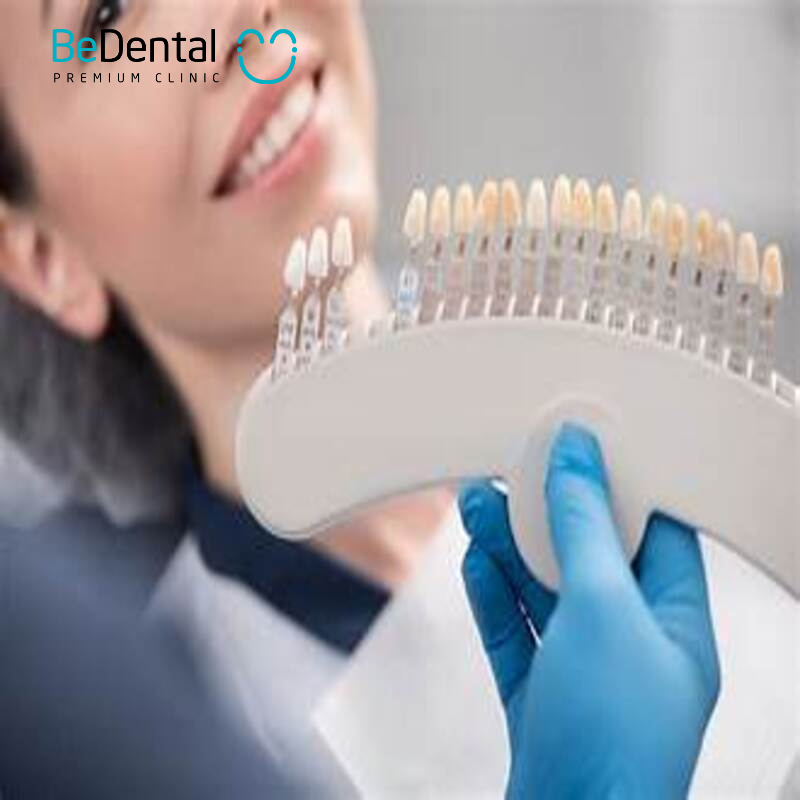Oral health issues not only cause pain and discomfort but are also linked to several serious health problems, including cardiovascular diseases and diabetes. Research shows that individuals with gum disease are twice as likely to suffer from heart disease compared to those without. Additionally, poor oral hygiene can lead to bad breath, tooth loss, and impact the aesthetics of one’s smile, negatively affecting confidence and daily communication. Explore with us at The importance of proper oral health care.
Prevalence of Common Oral Health Problems
Common oral health issues such as cavities, gingivitis, and periodontal disease are a global health concern, affecting individuals of all ages:
- Cavity Rates Across Age Groups (from National Center for Health Statistics): According to the World Health Organization (WHO), approximately 60-90% of children and nearly 100% of adults worldwide experience cavities. This is the most prevalent oral health issue, particularly in both developed and developing countries, where high-sugar diets and inadequate oral care practices are prevalent.

- Gingivitis Rates: Gingivitis, the early stage of gum disease, affects around 50% of adults globally. While it usually doesn’t cause much pain, if left untreated, it can progress to more severe periodontal disease.
- Periodontal Disease Rates: Around 20-50% of adults worldwide suffer from periodontal disease at various levels. This condition is a more severe form of gum disease that can lead to tooth loss if not addressed in time, making it a primary cause of tooth loss among older adults.
These oral health issues can be prevented through proper oral hygiene habits and regular dental check-ups.
Preventing Oral Diseases
Dental issues like cavities, periodontal disease, and gingivitis are common across many age groups for various reasons, primarily due to our negligence in disease prevention.
Cavities and Tooth Damage
- Impact of Bacteria and Plaque Buildup on Teeth: Bacteria in the mouth combine with food and saliva to form plaque. If not removed, this plaque hardens into tartar, creating an ideal environment for bacteria. These bacteria produce acid, eroding tooth enamel and causing cavities and other damage. This condition can lead to pain, infections, and costly dental treatments.
- The Role of Proper Brushing in Preventing Cavities: Brushing your teeth properly at least twice a day with fluoride toothpaste helps remove plaque and prevent cavities. The brushing technique should include brushing from top to bottom, bottom to top, and horizontally to ensure all tooth surfaces are cleaned. Using a soft-bristle toothbrush and replacing it regularly is also crucial for maintaining effective oral hygiene.
Gingivitis and Periodontal Disease
Consequences of Untreated Gingivitis: Gingivitis, the early stage of gum disease, often results from plaque accumulation. If not treated, it can progress to periodontal disease, a more serious condition that affects the supportive tissues of the teeth and can lead to tooth loss. Symptoms include bleeding during brushing, swollen gums, and bad breath.
Using Dental Floss and Tongue Cleaning to Remove Bacteria Between Teeth: Daily flossing helps remove plaque and food particles stuck between teeth that a toothbrush cannot reach. This is especially important in preventing gingivitis. Additionally, cleaning the tongue helps eliminate bacteria and freshen breath. Combining brushing, flossing, and tongue cleaning is an effective way to maintain oral health and prevent related diseases.
Improving Overall Health – The Connection Between Oral and Overall Health
Oral health is directly related to overall health, making timely care and protection of oral health essential.
Risks of Cardiovascular Disease, Diabetes, and Other Conditions Linked to Oral Bacteria
Studies have shown that poor oral health can lead to serious health issues. Bacteria from oral diseases such as gingivitis can enter the bloodstream, causing inflammation and increasing the risk of cardiovascular disease. Moreover, individuals with diabetes often face oral health problems, as high blood sugar can heighten the risk of infections and gingivitis. Thus, caring for oral health is vital not only for the teeth but also for overall well-being.

Importance of Proper Oral Health Care
Regular dental check-ups and proper oral health care help identify issues like cavities, gingivitis, or periodontal disease early, allowing for timely intervention. Experts recommend visiting the dentist at least twice a year to ensure oral health and detect any abnormalities before they become serious problems. Here is the importance of proper oral health care.
Impact on Confidence and Daily Communication
A beautiful smile and fresh breath can create a positive impression in social and work interactions. Those with good oral health are generally more confident in their communication, improving personal and professional relationships. Conversely, bad breath or discolored teeth can make others uncomfortable and lead to feelings of insecurity.
The Role of Oral Hygiene in Maintaining White, Even Teeth
Proper oral care not only helps prevent cavities and gingivitis but also maintains white and even teeth. Using fluoride toothpaste, combined with flossing and tongue cleaning, are essential steps to keep your mouth healthy. Additionally, a healthy diet and avoiding heavily pigmented foods (like coffee and tea) can help protect tooth color.
Protecting and Enhancing Tooth Strength- The importance of proper oral health care.
Here are some measures to protect and enhance tooth durability:
- Post-Dental Procedure Care (Recovery after oral surgery) (Fillings, Extractions, Aesthetic Dentistry): After undergoing dental procedures such as fillings, extractions, or cosmetic dentistry, proper care is crucial. Gentle oral hygiene and a balanced diet should be prioritized. Avoid hard, sticky, or strongly pigmented foods for at least the first 24 hours to protect the treatment area and ensure optimal healing.

- Increasing Tooth Protection Against Harmful Factors: To shield teeth from harmful agents, it’s important to limit the intake of detrimental foods like sweets and carbonated drinks. These foods can foster bacterial growth and lead to cavities. Additionally, using fluoride toothpaste and specialized dental care products can help protect enamel and reduce the risk of cavities.
- Establishing a Daily Brushing and Flossing Routine: Maintaining oral health requires a daily brushing and flossing schedule. Brush at least twice daily, in the morning and evening, and use dental floss to clean between teeth that a toothbrush cannot reach. This practice effectively removes plaque and prevents cavities.
- Regular Dentist Visits: Regular dental check-ups are crucial for maintaining oral health. Aim to visit the dentist at least every six months to detect and treat underlying issues like cavities or gingivitis early. This not only helps protect oral health but also saves on future treatment costs.
For those seeking further consultation regarding dental examination services, please visit BeDental’s locations in Hanoi or Ho Chi Minh City. BeDental is a reputable dental clinic in Vietnam. You can also reach us at our hotline: (+84) 934.61.9090 / (+84) 899.555.636 or through our Facebook page, BeDental, for prompt and accurate assistance.




